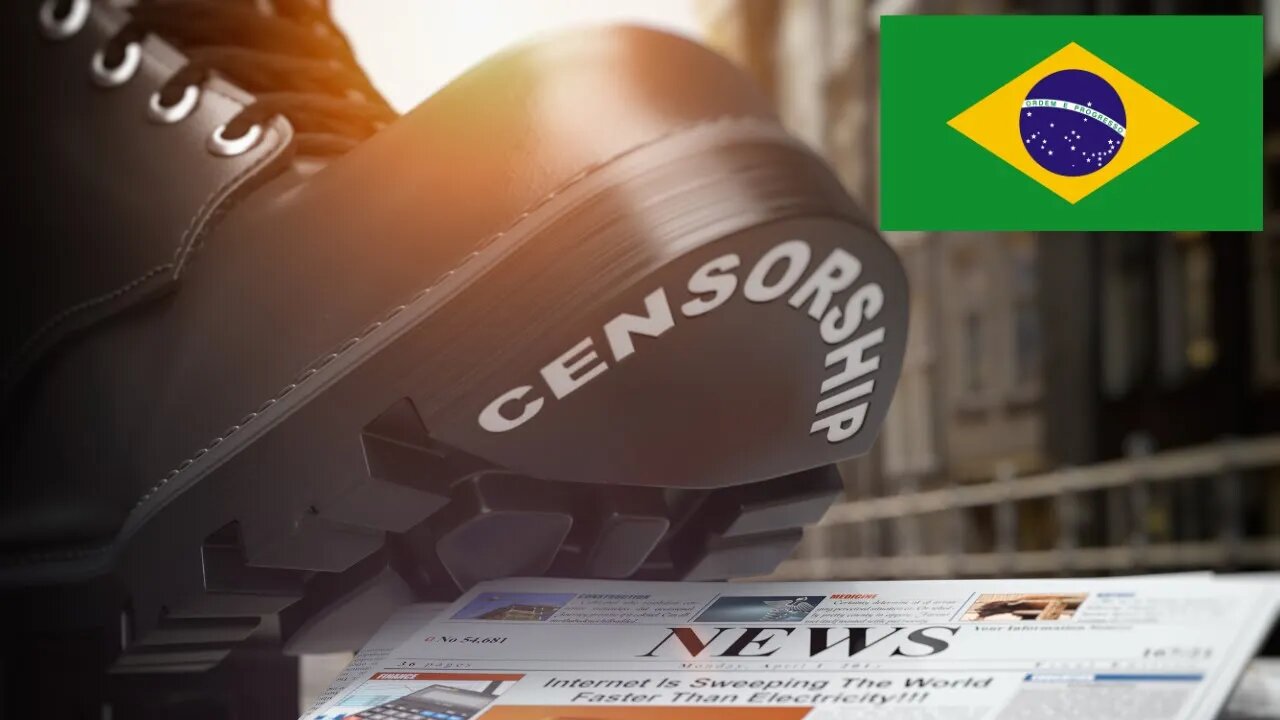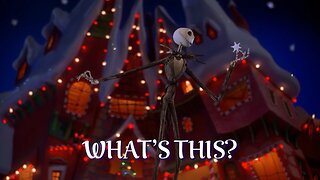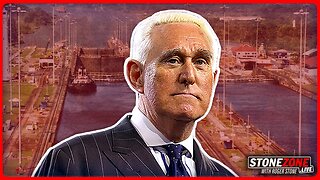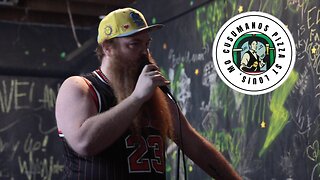Premium Only Content

Censorship in Brazil - PL 2630/20 Gives the Government the Authority to Control YouTube
How Rushed Legislation Can Impact YouTube Creators:
This week should take place the vote on the urgency of PL 2630/20, known as the "Fake News Bill". If the text is approved as it is today, it will have a major impact on the internet as we know it, without taking into account the opinion of the YouTube creator community
Later this week, a new version of Bill 2630/20, also known as the "Fake News Act," could go to a vote and have huge implications for the entire internet, including YouTube creators.
While we support legislation to address current challenges such as misinformation, hate speech, attacks on democracy or extremism on the internet, we are concerned that a rushed legislative process means there has not been enough time for all parties — including content creators — to voice their concerns.
Unlike the text discussed last year, the version circulating informally at the moment includes ambiguous aspects, which have not been widely debated, and would have serious unintended consequences. Among them, some creators would be exempt from obeying our rules on misinformation or even giving the government ultimate authority over what may or may not be on YouTube. Passing this Bill through an expedited process will make it much more difficult to solve problems like these and avoid a disastrous outcome.
Today, we share with the YouTube creator community our top three concerns regarding PL 2630/20 so they can understand the impact of these changes on their business:
1. The Bill can create exceptions for the application of our policies, generating inequalities among creators.
Since the early days of YouTube, one of our basic principles has been that our policies on what can and can't be shared on YouTube apply to everyone from the most powerful people in the world to a creator who just uploaded content for the first time. This Bill aims to change that by giving exemptions to accounts deemed to be in the "public interest" that would be immune to our moderation rules. We believe YouTube's rules, whether they're about hate speech, misinformation, or anything else, should apply to everyone, including accounts linked to public entities or government officials.
2. The Government would have the power to control the core aspects of the platform without a clear set of rules.
PL 2630/20 gives the Government the authority to declare an emergency "security protocol" that would allow it to control YouTube, having the power to define everything from what content is taken down to how the product works for viewers. The Bill does not make clear what circumstances may trigger this protocol, nor does it set any limits, meaning that creators can have their content removed without any reason or possibility of appeal.
Without clear limits on what the Government can control, this provision could easily be subject to abuse, meaning that legitimate content could be removed without much explanation. In addition, during "security protocols," platforms can be held responsible for content posted by others on their sites. In practice, this means that to avoid legal punishment, services like YouTube will be encouraged to remove content aggressively for fear of being held accountable. In this scenario, the one who loses is freedom of expression: millions of creators in Brazil who come to YouTube every day to express their ideas and participate in important debates may have their opinions removed from the platform.
3. YouTube may be forced to remove large amounts of legitimate content to avoid being buried by lawsuits.
PL 2630/20 still requires YouTube to take "preventive action" against illegal content – without providing a clear definition of what this means. In practice, again YouTube would be in the position of having to remove legitimate content to avoid being burdened with lawsuits rather than following the process we have now.
To give you an idea, we've already removed content that violates YouTube's Community Guidelines efficiently at scale. In Brazil alone, in 2022, YouTube removed more than one million videos that violated our policies against misinformation, hate speech, violence, harassment, and child safety, among others. These numbers contrast with a much lower volume of court requests for content removal. In the same period, across the country, there were just over 1,700 takedown requests for all of our products, including YouTube. This means that we do not wait until there is a court decision to act on inappropriate content, on the contrary: we are proactive in protecting our community from harmful content.
We are working with lawmakers to demonstrate how there are issues that still need to be discussed with society before bringing Bill 2630/20 to a vote in the House of Representatives. In the meantime, we're letting our creator community know what these changes could mean for them and encouraging them to make themselves heard.
#MaisDebate2630.
-
 2:05:07
2:05:07
Darkhorse Podcast
1 day agoWhy Trump Wants Greenland: The 257th Evolutionary Lens with Bret Weinstein and Heather Heying
285K453 -
 8:50:58
8:50:58
Right Side Broadcasting Network
1 day ago🎅 LIVE: Tracking Santa on Christmas Eve 2024 NORAD Santa Tracker 🎅
329K46 -
 2:48
2:48
Steven Crowder
1 day agoCROWDER CLASSICS: What’s This? | Nightmare Before Kwanzaa (Nightmare Before Christmas Parody)
309K12 -
 33:49
33:49
Quite Frankly
1 day agoThe Christmas Eve Midnight Telethon
113K22 -
 2:12:46
2:12:46
Price of Reason
1 day agoAmber Heard BACKS Blake Lively Lawsuit Against Justin Baldoni! Is Disney CEO Bob Iger in TROUBLE?
65.1K24 -
 1:01:17
1:01:17
The StoneZONE with Roger Stone
19 hours agoChristmas Edition: Why the Panama Canal is Part of the America First Agenda | The StoneZONE
135K51 -
 18:12:15
18:12:15
LFA TV
1 day agoLFA TV CHRISTMAS EVE REPLAY
148K19 -
 13:32
13:32
Scammer Payback
21 hours agoChanging the Scammer's Desktop Background to his Location
16.8K4 -
 4:21
4:21
BIG NEM
23 hours agoNikola Tesla's Secret to Cultivating Creativity & Genius
12.5K1 -
 15:03
15:03
The Anthony Rogers Show
1 day agoAnthony Rogers - Live at Cusumano's Pizza (Upstairs)
9.98K1